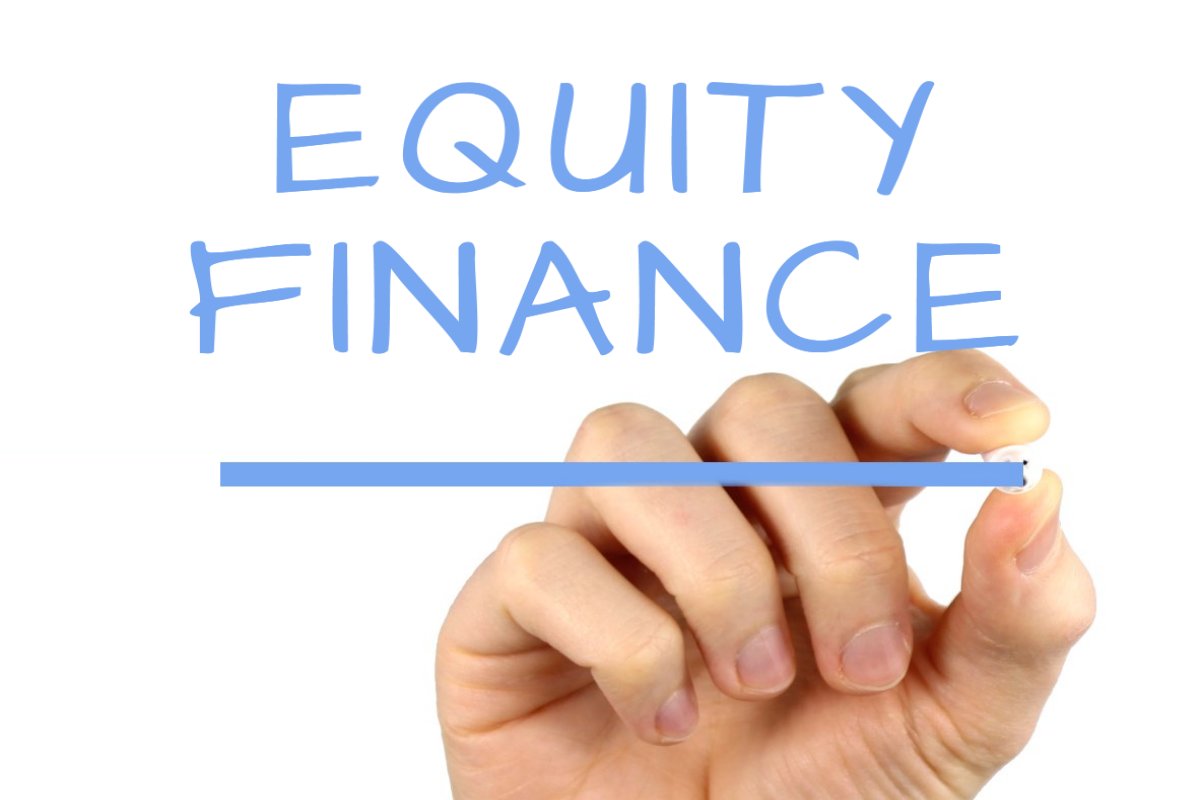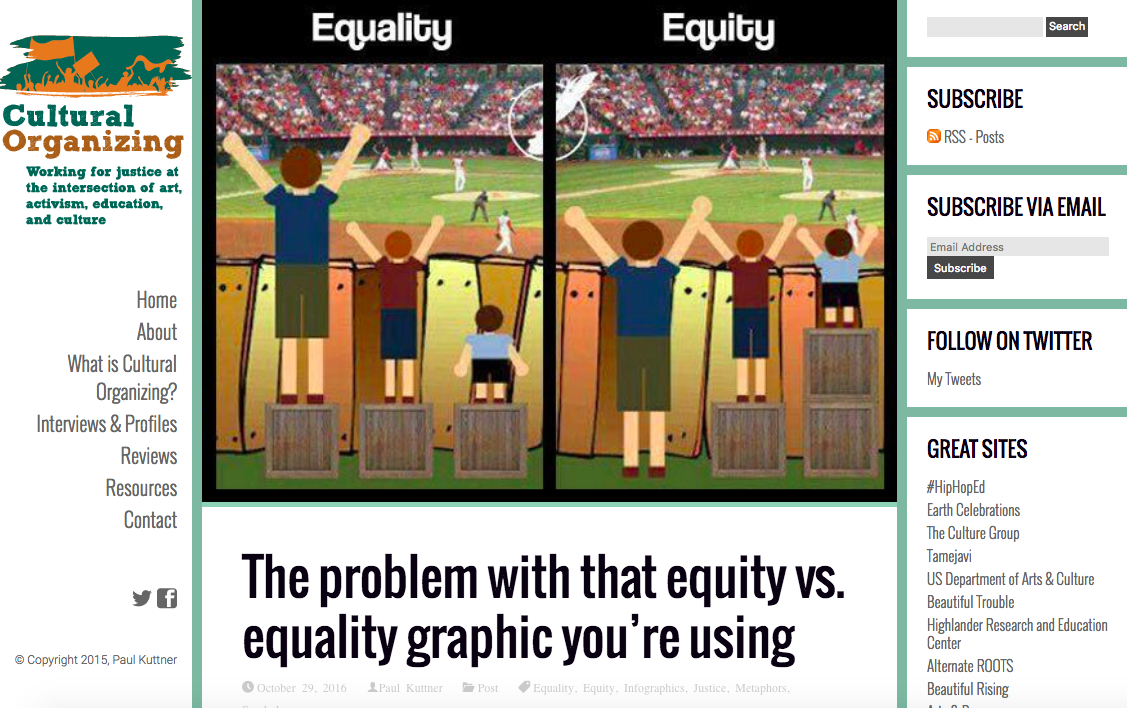Investing in real estate has long been considered a lucrative opportunity, but traditional avenues may not always provide the accessibility and diversity that modern investors seek. That’s where online platforms like Equity Multiple and CrowdStreet come into play.
These platforms offer innovative ways to invest in real estate and open up a world of opportunities for both seasoned investors and those new to the game. In this article, we will compare Equity Multiple and CrowdStreet, exploring their features, benefits, fees, user experience, case studies, and considerations before making a choice.
By the end of this article, you’ll have a clear understanding of which platform is right for you and your investment goals.
What is Equity Multiple?
Equity Multiple is an online real estate investment platform that connects investors with commercial property projects in the United States. It offers a wide range of investment opportunities, including office buildings, multifamily residences, and retail spaces.
By leveraging technology, Equity Multiple provides detailed project information to help investors make informed decisions. Benefits include diversification, passive income potential, and professional management by experienced sponsors. Overall, Equity Multiple revolutionizes real estate investing for individuals.
Introducing CrowdStreet
CrowdStreet is an online marketplace that connects investors with institutional-quality commercial real estate projects. It offers a wide selection of investment opportunities, allowing individuals to explore and invest in projects previously accessible only to large institutions or accredited investors.
CrowdStreet differs from traditional investment avenues like REITs or direct property ownership. It provides access to private market offerings, allowing investors to participate directly alongside professional real estate firms. This potentially unlocks higher returns and more control over investments.
The advantages of using CrowdStreet for investing in real estate include access to institutional-grade deals across various asset classes, potential for higher returns compared to publicly traded REITs, and a strong investor community with networking opportunities and industry expert insights.
Comparing the Features and Benefits of Equity Multiple and CrowdStreet
Equity Multiple offers a diverse range of real estate projects, including residential developments, commercial properties, and industrial spaces. Investors can choose projects based on their preferences regarding location, risk level, projected returns, and other factors.
However, investors should consider risks such as market fluctuations and project-specific factors before making an investment decision.
CrowdStreet provides a wide range of investment opportunities in various asset classes and geographic locations. Investors can choose from office buildings, retail spaces, industrial properties, and more. CrowdStreet’s crowdfunding model allows individual investors to participate in larger-scale deals alongside institutional partners.
The platform aims to provide attractive risk-adjusted returns by thoroughly vetting each project before listing it.
Ultimately, the choice between Equity Multiple and CrowdStreet depends on individual investor preferences and goals. Equity Multiple offers customization and detailed financial projections, while CrowdStreet provides community involvement through crowdfunding aspects. Both platforms cater to different investment needs in the real estate sector.
User Experience Comparison
Both Equity Multiple and CrowdStreet prioritize user experience, ensuring that investors have a seamless and efficient platform to navigate. A key element of user experience is the user interface and navigation on both platforms.
Equity Multiple and CrowdStreet offer intuitive interfaces that facilitate easy navigation. This means investors can quickly browse through available projects, access crucial information such as financials and market analysis reports, review legal documents if necessary, and make investment decisions seamlessly.
The clean and organized design of the platforms allows investors to find the information they need without any confusion or frustration.
Another aspect of user experience that both platforms excel in is customer support. Equity Multiple and CrowdStreet understand the importance of providing dedicated teams to assist investors throughout their investment journey. These teams are readily available to answer queries, provide guidance, and address any concerns that investors may have.
By offering personalized assistance, these platforms ensure that their users feel supported and confident in their investment decisions.
Furthermore, both Equity Multiple and CrowdStreet value user feedback as an essential tool for improving their services continually. They actively collect feedback from their users to gain insights into how they can enhance the user experience even further.
This commitment to listening to their users’ needs demonstrates a dedication to creating a platform that meets the expectations of investors.
In summary, when it comes to user experience comparison between Equity Multiple and CrowdStreet, both platforms excel in providing intuitive interfaces for easy navigation and prioritize customer support by offering dedicated teams to assist investors throughout their investment journey.
Additionally, they actively seek user feedback to continuously improve their services. These factors contribute to a positive user experience on both platforms, making them attractive options for investors seeking reliable real estate investment opportunities.
Fees, Costs, and Minimum Investments
Investing in real estate through platforms like Equity Multiple and CrowdStreet requires understanding their fee structures. Equity Multiple charges fees based on each investment opportunity, including transaction and management fees. It’s important for investors to review each project’s fee structure before investing to understand potential costs.
When comparing Equity Multiple’s fees with other platforms, factors like deal quality, due diligence performed, investor support services, and platform reputation should be considered.
Similarly, CrowdStreet charges fees for each listed project, covering transaction costs and ongoing management expenses. Investors should carefully review the fee structure for each project to assess potential costs.
Comparing CrowdStreet’s fees with other platforms involves considering access to institutional-grade deals, transparency in fee disclosure, investor support services, and overall value proposition.
Understanding these fee structures helps investors make informed decisions when investing in real estate opportunities through these platforms.
Case Studies: Real-Life Examples
Investing in real estate can yield substantial returns, as demonstrated by the following case studies. Through platforms like Equity Multiple and CrowdStreet, investors have been able to achieve impressive results.
In one example, an investor put $50,000 into a commercial property development project listed on Equity Multiple. Over five years, they received regular rental income and a share of the project’s profits. Exiting the investment at the end of the term, they enjoyed a 20% total return, earning $10,000 in profit.
Similarly, on CrowdStreet, an investor participated in a multifamily residential project with a $100,000 investment. They received consistent cash flow from rental income throughout the seven-year holding period. When they decided to exit the project, their total return amounted to 25%, resulting in a profit of $25,000.
These case studies highlight how investing through platforms like Equity Multiple and CrowdStreet can provide access to diverse real estate opportunities that generate significant returns over time.
Considerations before Choosing between Equity Multiple or CrowdStreet
When choosing between Equity Multiple and CrowdStreet, there are important factors to consider. Firstly, assess your risk tolerance and management strategies. Equity Multiple focuses on pre-vetted deals, while CrowdStreet operates on a crowdfunding model. Secondly, evaluate your investment goals, time horizon, and liquidity needs.
Equity Multiple suits those seeking passive income with shorter investment horizons, while CrowdStreet offers potential higher returns over longer hold periods. Thirdly, consider how each platform allows for diversification and portfolio construction based on your preferences.
Lastly, consult tax advisors and review legal agreements for both platforms to understand tax implications and ensure compliance. These considerations will help you make an informed decision that aligns with your investing objectives.
Final Verdict: Which Platform is Right for You?
When choosing between Equity Multiple and CrowdStreet, it’s important to consider your individual investment goals, risk tolerance, time horizon, and liquidity needs. Each platform offers unique features, benefits, and drawbacks that cater to different investor profiles and preferences.
Equity Multiple focuses on providing investors with access to pre-vetted real estate projects that offer passive income and diversification. It prides itself on transparency and professional management. However, some investors may find the fee structure relatively higher compared to other platforms.
If you are seeking a reliable source of passive income and value diversifying your investment portfolio, then Equity Multiple may be the preferred choice for you.
On the other hand, CrowdStreet stands out by offering access to institutional-grade deals through its crowdfunding model. This platform has the potential to provide higher returns but comes with inherent risks associated with private market investments.
CrowdStreet also fosters community involvement and provides networking opportunities for investors. If you are looking for potentially higher returns and enjoy being part of a community-driven platform, then CrowdStreet might be more appealing to you.
Ultimately, the decision between these platforms boils down to your personal preferences and financial objectives. It is crucial to carefully assess your risk tolerance before making any investment decisions in the real estate market.
While both Equity Multiple and CrowdStreet have their strengths, it is essential to choose a platform that aligns with your specific needs and long-term investment strategy.
By thoroughly evaluating these factors and understanding what each platform brings to the table, you can make an informed decision that suits your unique circumstances.
Remember that investing in real estate carries its own set of risks and rewards – understanding these nuances will help guide you towards selecting the right platform for your investment journey.
[lyte id=’mA_VHzlpydE’]







